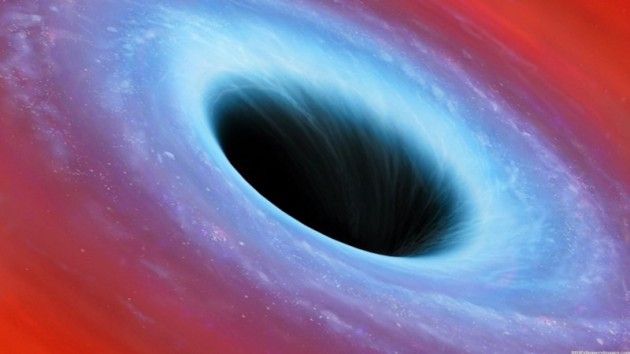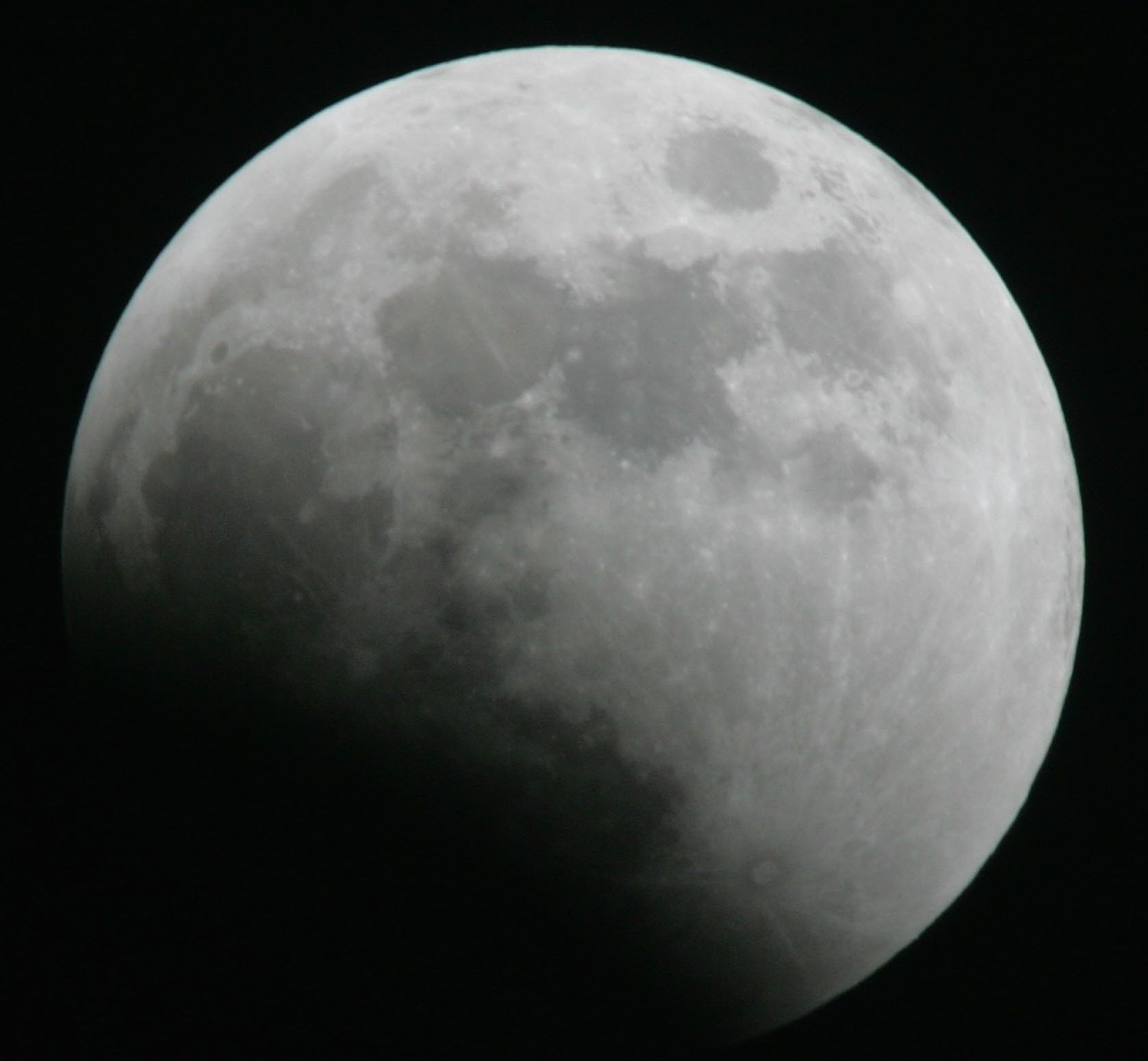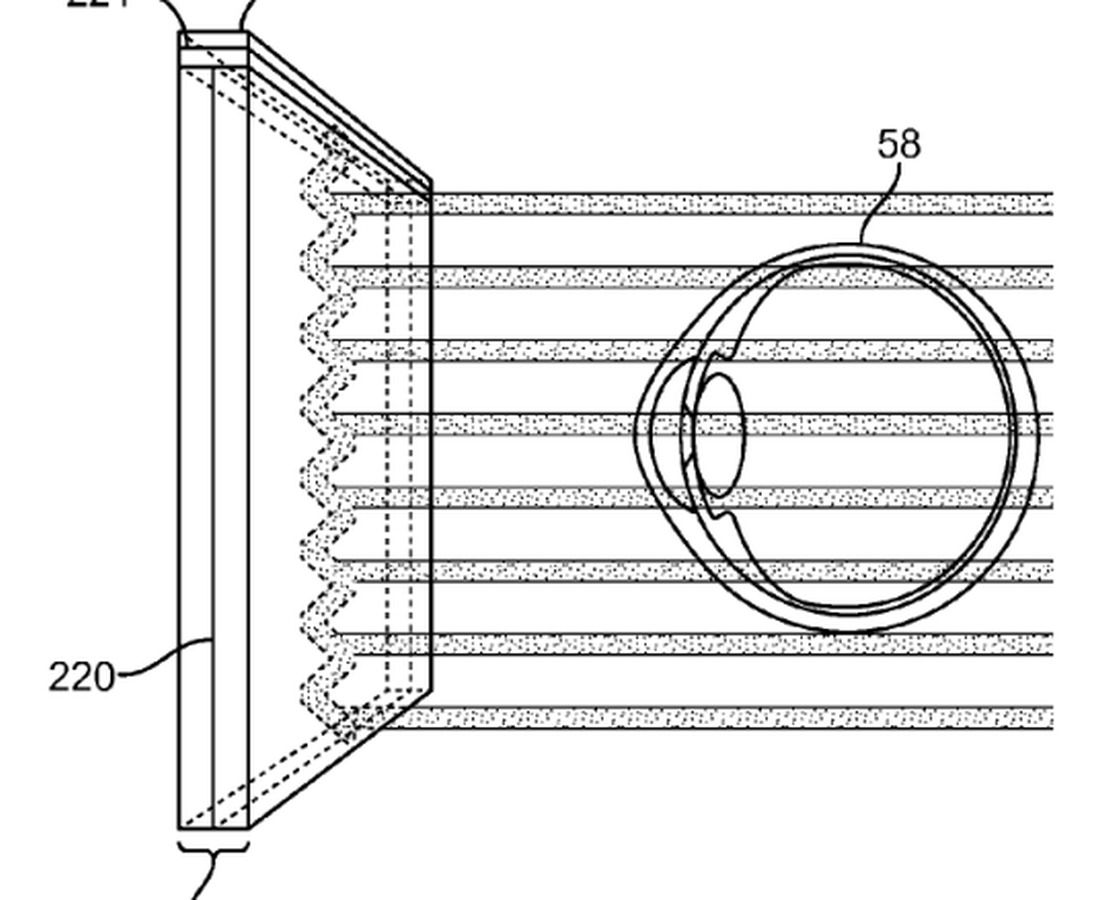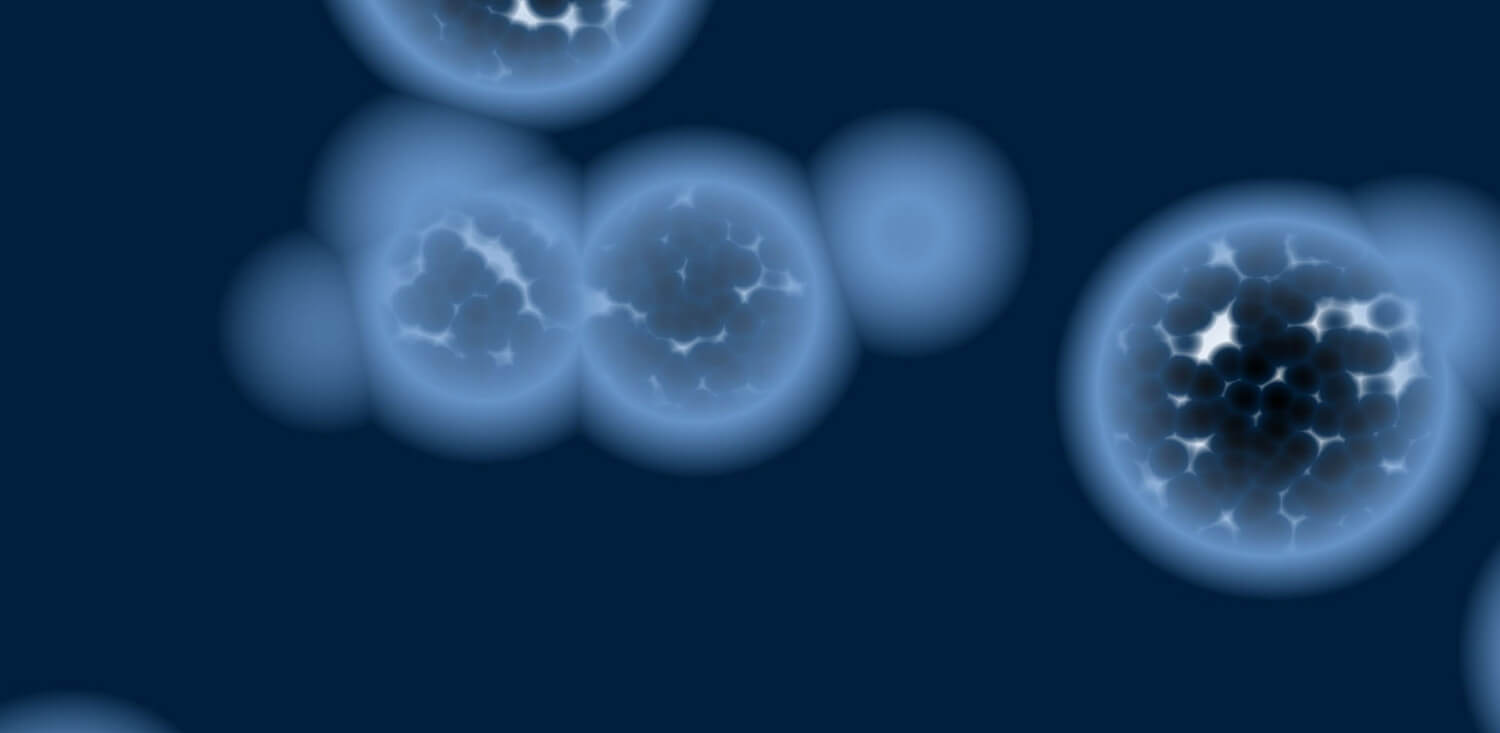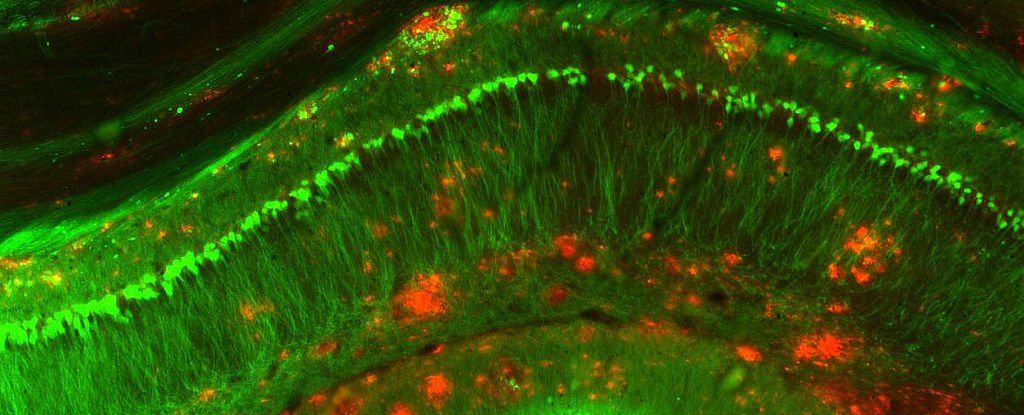Apr 22, 2016
Stephen Hawking: “History and memories could be illusions” because of black holes
Posted by Sean Brazell in categories: cosmology, particle physics
Welcome to our imaginary existential nightmare…
Stephen Hawking recently discussed black holes and the often contradictory properties associated with them during a lecture at Harvard. The Harvard Gazette said recently that Hawking specifically explained that, if information is really lost in black holes, then we will have been misunderstanding not only black holes, but the science of determinism, for the last 200 years.
Hawking said that particles that fall into a black hole “can’t just emerge when the black hole disappears.” Instead, “the particles that come out of a black hole seem to be completely random and bear no relation to what fell in. It appears that the information about what fell in is lost, apart from the total amount of mass and the amount of rotation.”
